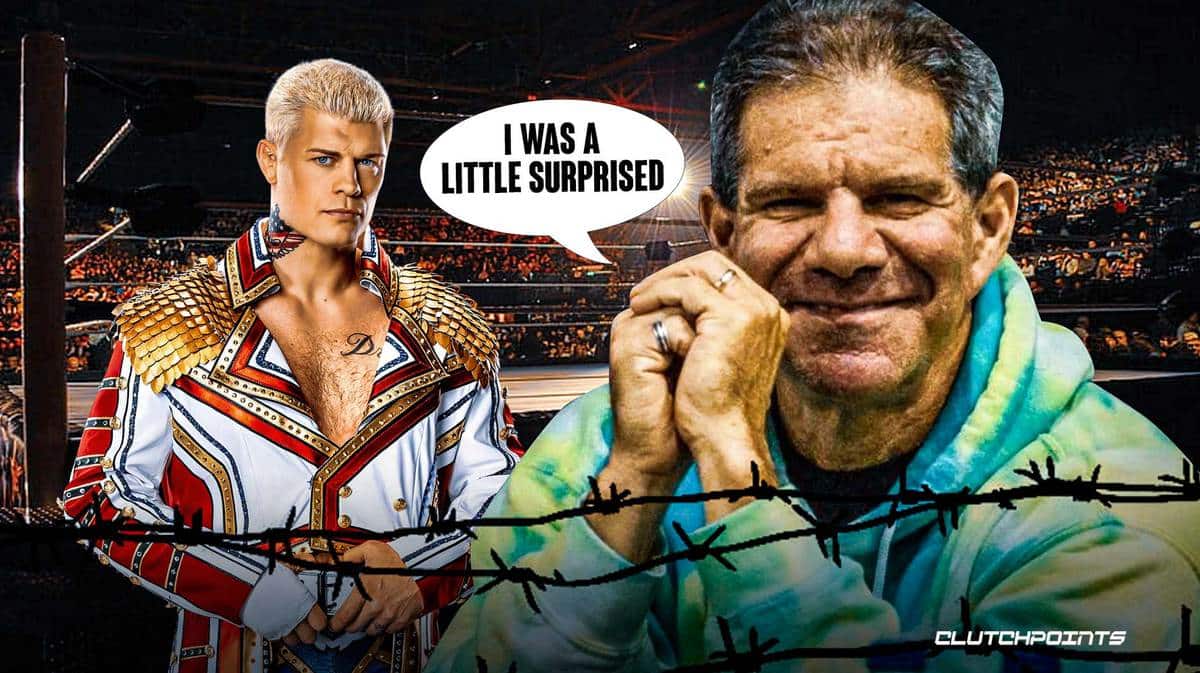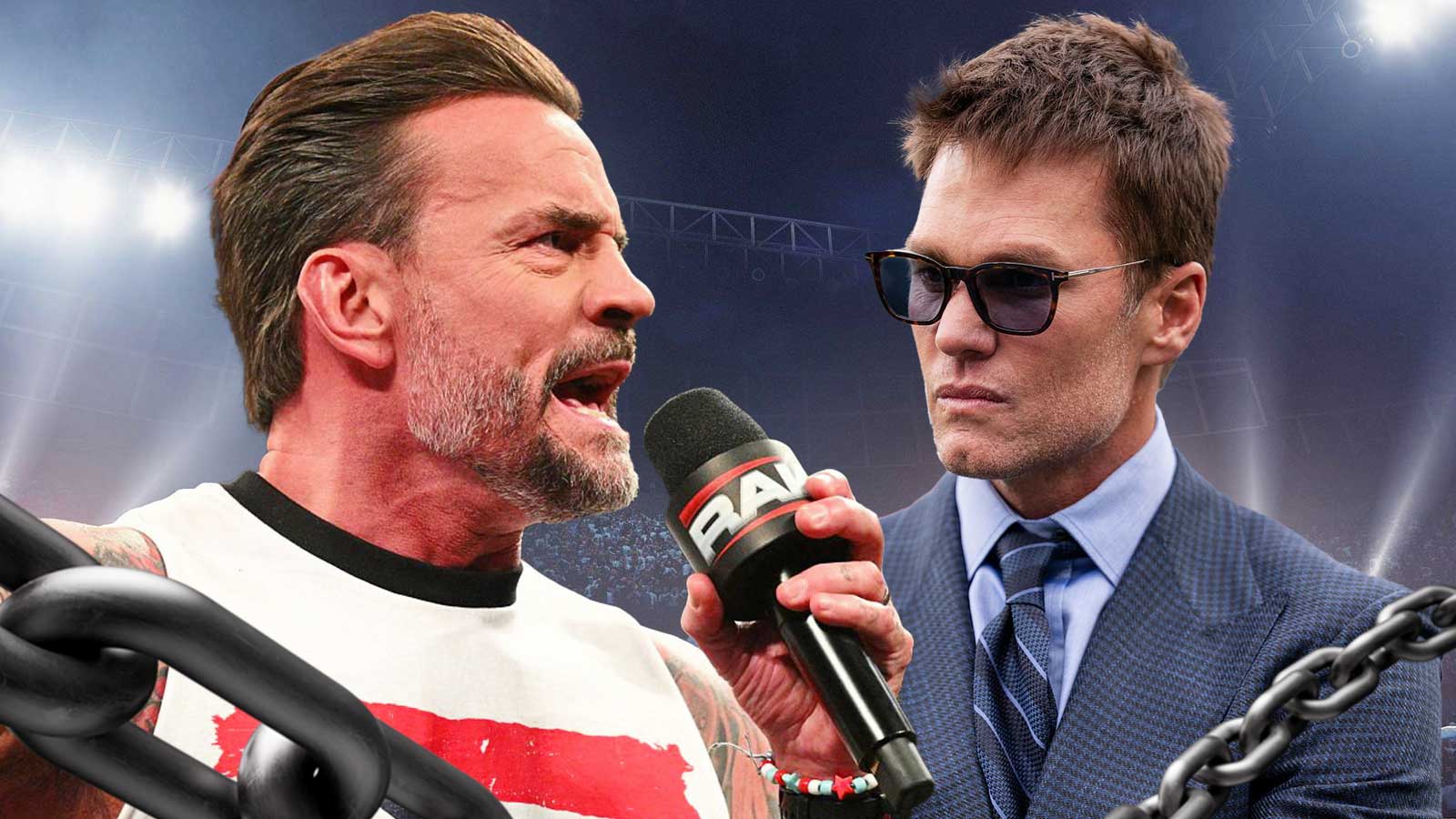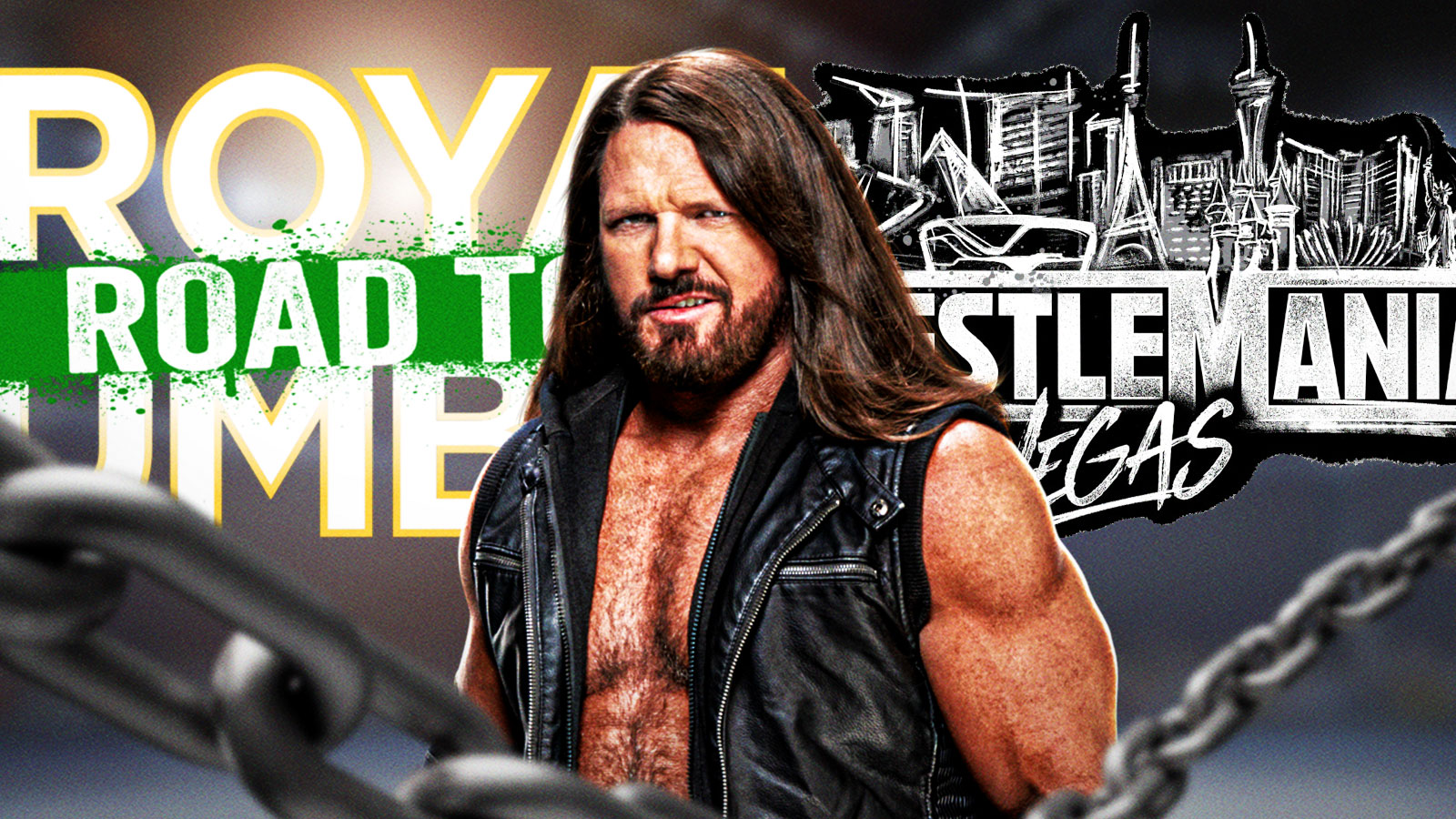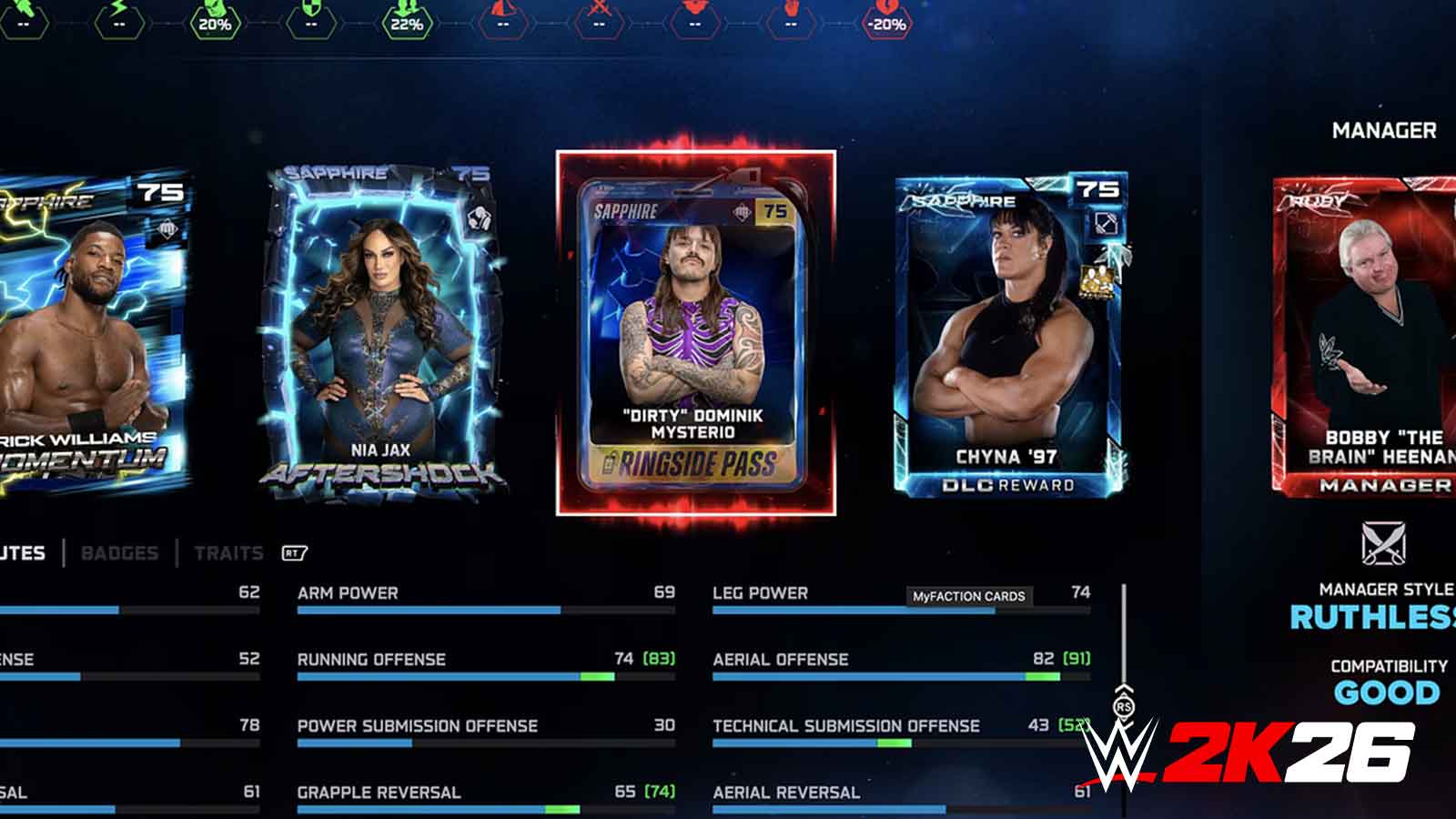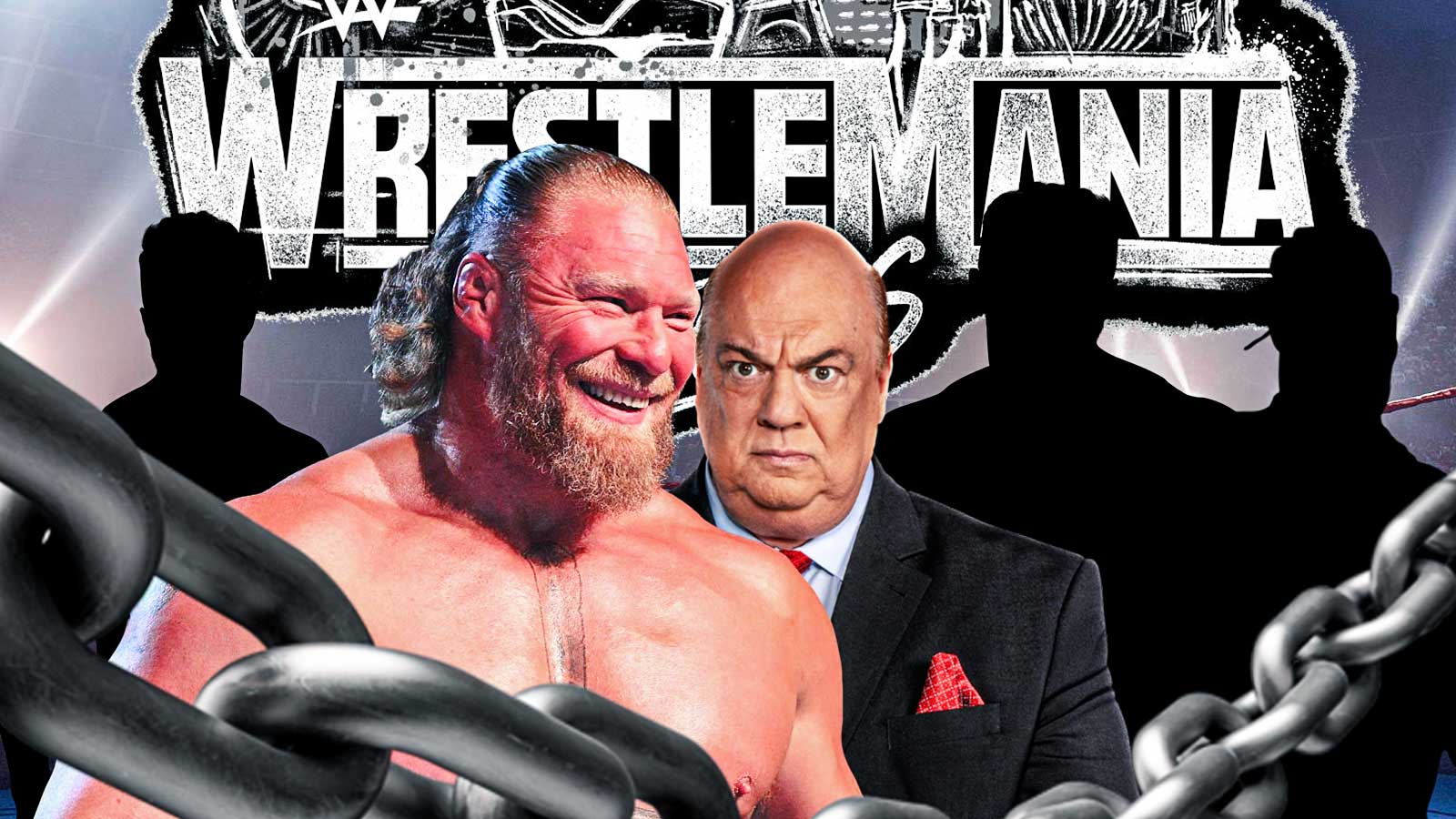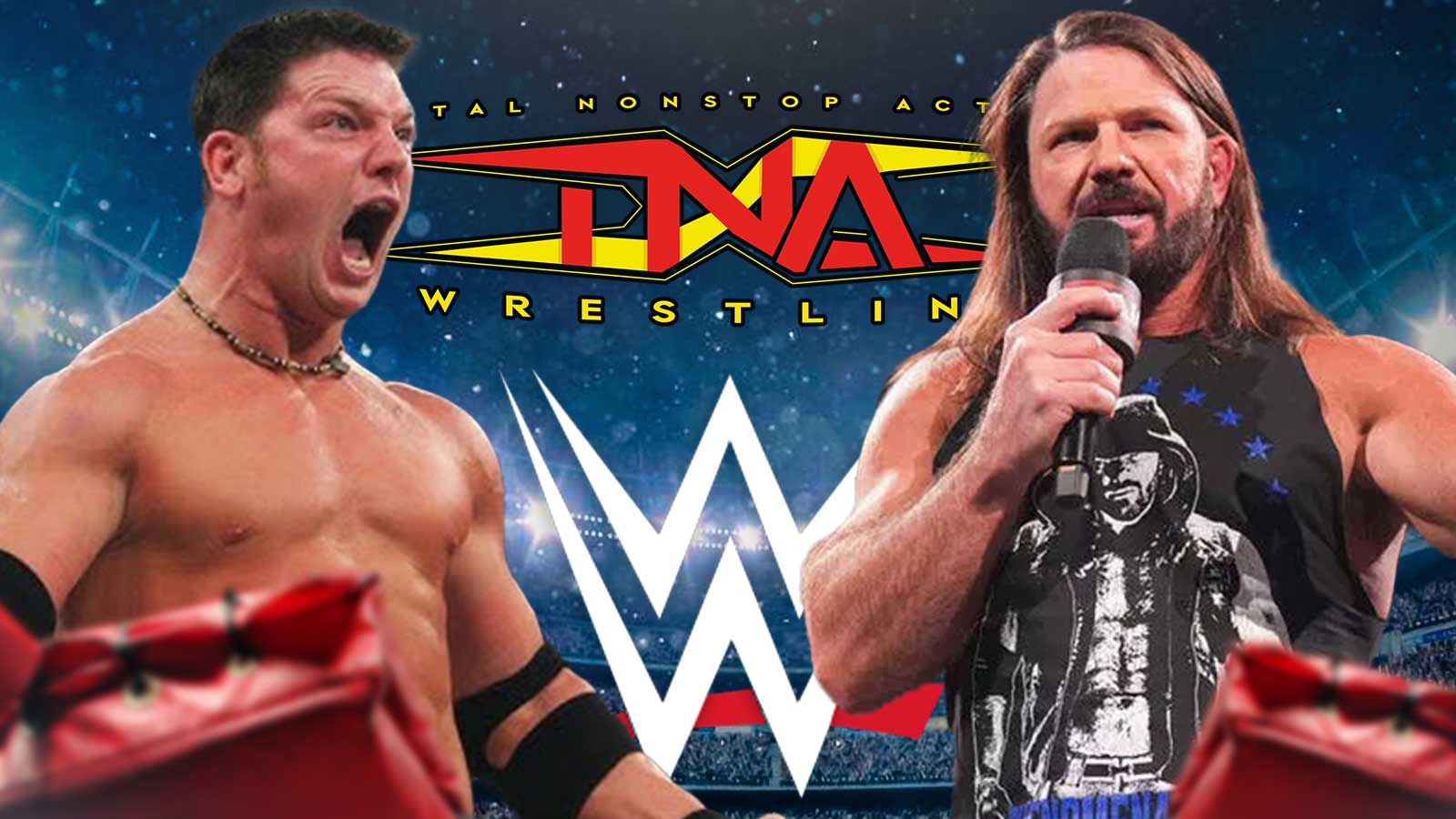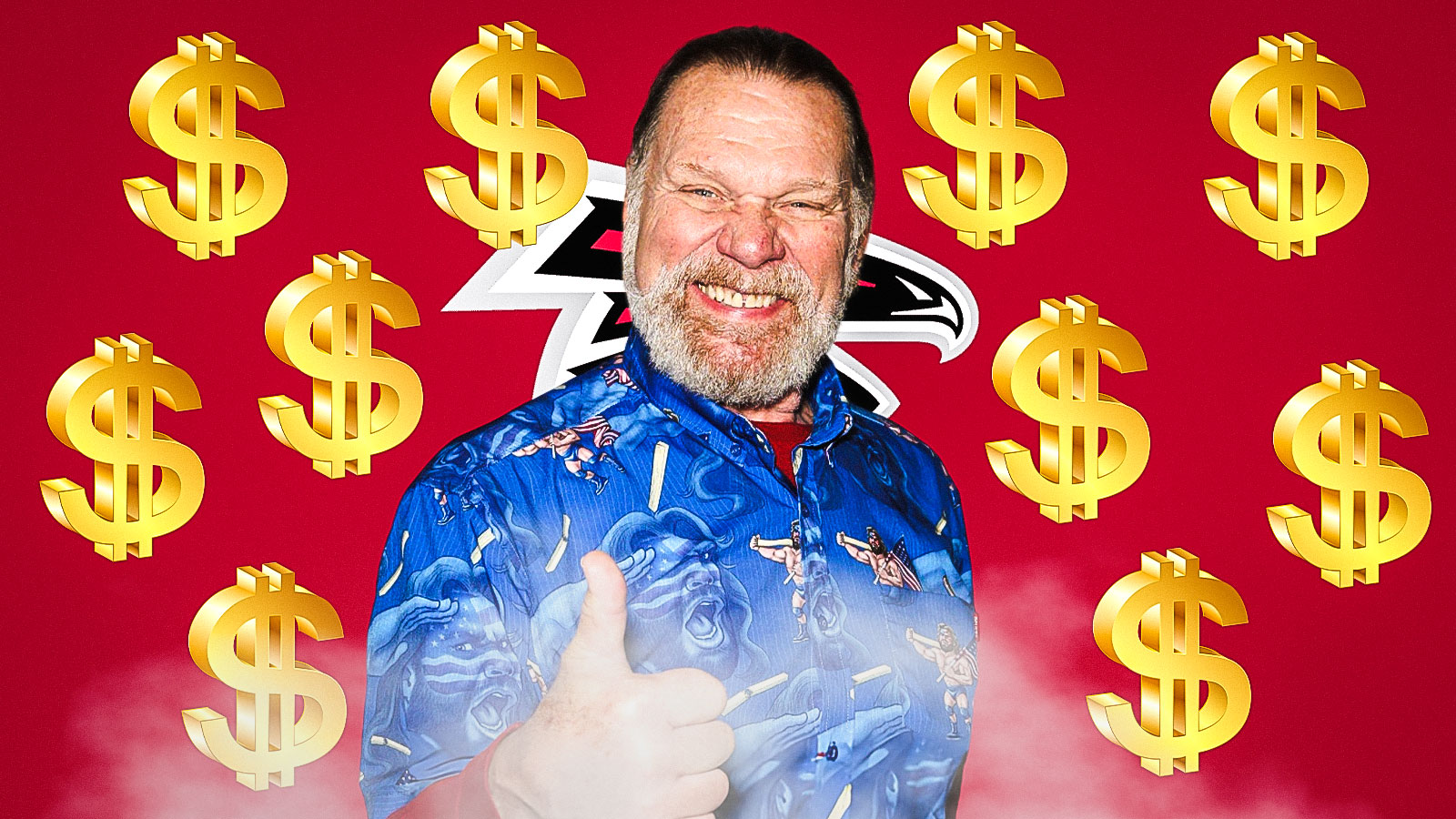When Cody Rodes left AEW for WWE in January of 2022, it served as a legitimate inflection point in professional wrestling.
Suddenly, after building out a roster with a steady stream of ex-WWE guys like Jon Moxley, Chris Jericho, Ruby Soho, and Toni Storm, to name a few, AEW had to watch one of its top stars, an Executive Vice President of the company no less, take his talents back to Titan Towers with his “indie” character largely intact – a situation made incredibly awkward considering all the smack the “American Nightmare” talked on Paul “Triple H” Levesque over his six years away.
But how did Rhodes' exit fit into the vast history of professional wrestling? Well, Chris Van Vliet asked the wrestling historian, Dave Meltzer, was asked this very question on his Youtube show and received a very interesting response from the Wrestling Observer scribe.
“I think in some ways it was [shocking], I was a little surprised. But I mean, the one thing was when the renewal wasn’t done, because Tony had an option on Cody to renew the contract like he did with The Young Bucks and others. And when January 1 happened, and there wasn’t a renewal, and he was out of contract. I mean, to me, that was very interesting. Even then, I didn’t think he was going to WWE,” Dave Meltzer said via TJR.
“I had contact with him, and he was always like, ‘we’re we are negotiating.’ And then, you know, all of a sudden, it was kind of like, weeks are going by, I mean, mostly assumption, we’re going to work it out. And then all of a sudden I wasn’t hearing that anymore. And that’s when it was like, you know, something happened, which obviously, Vince flew down to meet him is what happened. Then it became different. And he accepted the offer, and, the benefit of hindsight, man, what a great move that was for all concerned.
“Not for AEW, but for Cody. Cody became a much bigger star than he would have been had he stayed. And WWE, I thought that, he would help them a decent amount. But it was way more than I thought. I mean, being the first guy to make that jump, and being a good talker really helped too. But you know, his right place at the right time and instinct and everything like that. I think he played it well for him, you know? If he’d stayed there, he’d been a midcard guy.”
Is Meltzer correct? Would Rhodes have remained in the midcard had he stuck around AEW, or would have witnessed the writing on the wall like many of the promotion's fans and fully embraced going to the dark side of the alignment chart, consciously working as a heel instead of subtly hinting at it while remaining a babyface in practice? While it's impossible to know, it's safe to say Rhodes isn't too broken up about his decision, as he arguably worked the match of his career versus Seth Rollins at Hell in a Cell just a few months after re-debuting at WrestleMania 38.
Dave Meltzer explains how hard it is to report on professional wrestling.
Discussing the inner workings of his job elsewhere in his conversation with Chris Van Vliet, Dave Meltzer explained just how challenging it is to report on professional wrestling, as nothing happens until it happens, if that makes sense.
“People are spitballing back and forth,” Meltzer said via Wrestling Inc. “There's a million ideas that get pitched that never happen. I always try to use [a] qualifier, and then people go, ‘You're trying to qualify it.' Yeah! In wrestling, nothing happens 'til it actually happened! That's the nature [of the business]. It could be the plan for six months, but until it happened, it hasn't happened.”
Unlike in “regular” sports where there are things like a salary cap and free will, professional wrestling has the benefit of Kayfabe and a pre-determined script where promoters like Paul “Triple H” Levesque can perfectly calibrate a storyline to provide the desired emotions. Because of this, WWE can hire a performer and not mention it for six months, can send a performer home without officially firing them, or even add on additional time to a contract because of injury, an unthinkable occurrence in any other sport. While this can lead to some reporting looking very unusual in hindsight, as Meltzer noted, what was said at the time may not have been incorrect per se, just not something the promotion opted to pull the trigger on at the time.

